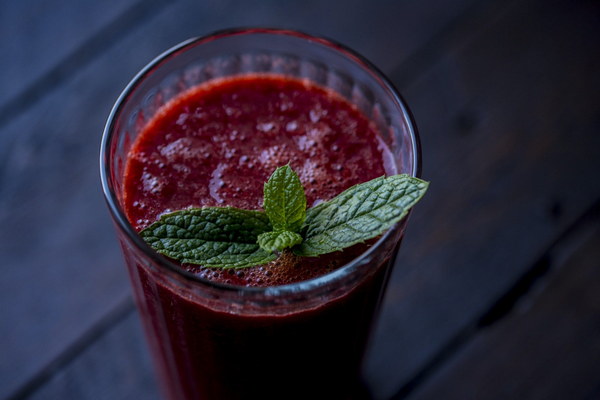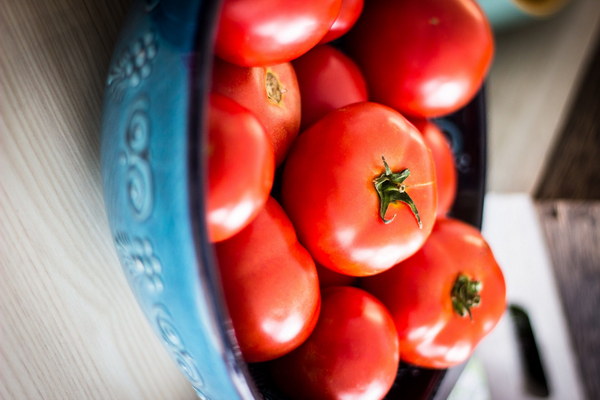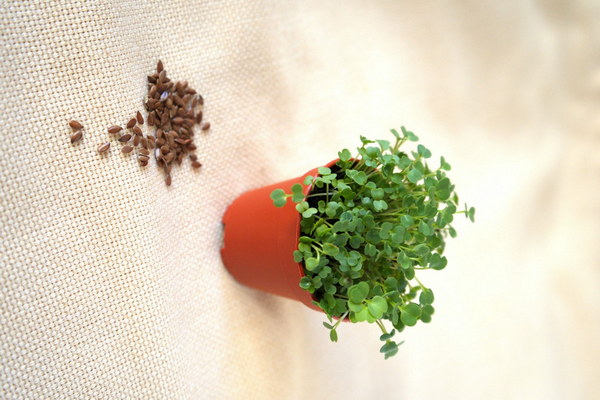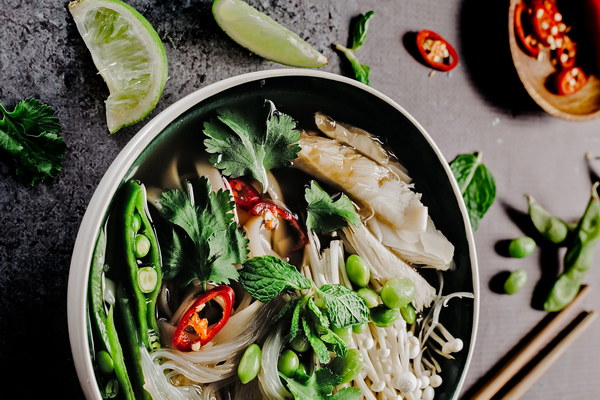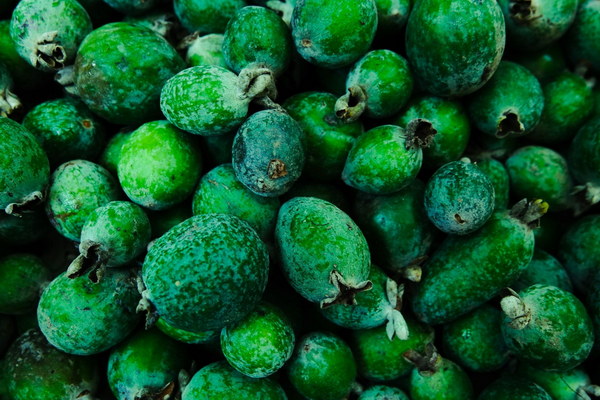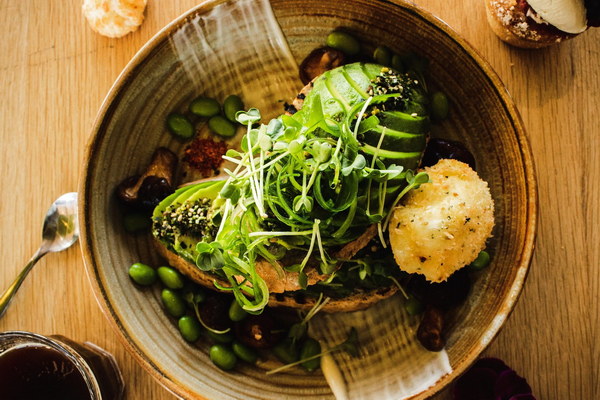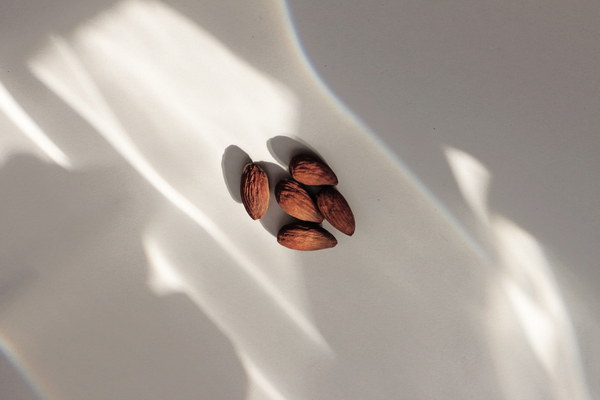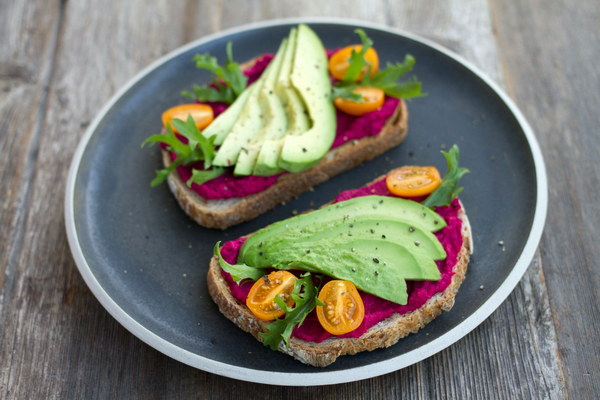Unveiling the Secrets Top Natural Ingredients for TCM's Moisture Removal and Health Promotion
In traditional Chinese medicine (TCM), the concept of dampness is widely recognized as a common health problem. Dampness refers to a condition where the body is overloaded with excess moisture, leading to discomfort and various health issues. To combat this, TCM offers a variety of natural ingredients that can help remove dampness and promote overall health. In this article, we will explore some of these remarkable ingredients and their benefits.
1. Astragalus (Huang Qi)
Astragalus, also known as Huang Qi in Chinese, is a well-known herb in TCM. It is believed to boost the immune system, improve circulation, and eliminate dampness. This herb can be used in various forms, such as tea, capsules, or tinctures. Astragalus is commonly combined with other herbs to create effective dampness-relieving formulas.
2. Cinnamon (Rou Gui)
Cinnamon, or Rou Gui in Chinese, is another essential herb for moisture removal. It has a warm and spicy flavor and is often used to tonify the kidneys and alleviate dampness. Cinnamon can be consumed as a spice in cooking, added to tea, or taken in the form of capsules.
3. Poria (Fu Ling)

Poria, or Fu Ling, is a mushroom-like herb that is widely used in TCM for its moisture-wicking properties. It is believed to help drain dampness from the body, improve digestion, and boost the immune system. Poria can be used in soups, teas, or taken as a supplement.
4. Atractylodes (Cang Zhu)
Atractylodes, or Cang Zhu, is a commonly used herb in TCM for dampness-related issues. It has a sweet and slightly bitter taste and is believed to tonify the spleen, drain dampness, and relieve fatigue. Atractylodes can be consumed in various forms, such as tea, capsules, or powder.
5. Chinese Yam (Shan Yao)
Chinese yam, or Shan Yao, is a nourishing root herb that is often used in TCM to replenish the spleen and kidney energy, as well as to alleviate dampness. It has a sweet, slightly bitter taste and can be eaten as a vegetable, added to soups, or taken as a supplement.
6. Green Tea (Lu Cha)
Green tea is not only a delicious beverage but also a valuable herb in TCM. It has diuretic properties that can help eliminate excess moisture from the body. Regular consumption of green tea can improve digestion, boost metabolism, and promote overall health.
7. Chinese Licorice (Gan Cao)
Chinese licorice, or Gan Cao, is a sweet herb that is often used in TCM to harmonize other herbs and improve their effectiveness. It is believed to have anti-inflammatory properties and can help alleviate dampness by balancing the body's fluids.
To incorporate these moisture-wicking ingredients into your diet, consider the following recipes and tips:
1. Dampness-Relieving Soup: Combine astragalus, cinnamon, poria, and atractylodes in a pot of water. Simmer for 30 minutes, then add Chinese yam and continue simmering until all the herbs are tender.
2. Dampness-Relieving Tea: Brew a cup of green tea and add slices of ginger, cinnamon, and licorice. Let it steep for a few minutes before enjoying.
3. Dampness-Relieving Snack: Roast some Chinese yam slices and sprinkle with cinnamon powder. This delicious snack can help alleviate dampness and boost your energy.
Remember, while TCM can offer relief from dampness and improve your overall health, it is essential to consult with a qualified TCM practitioner before starting any herbal treatment. They can provide personalized advice and recommend the most suitable ingredients for your specific needs.

